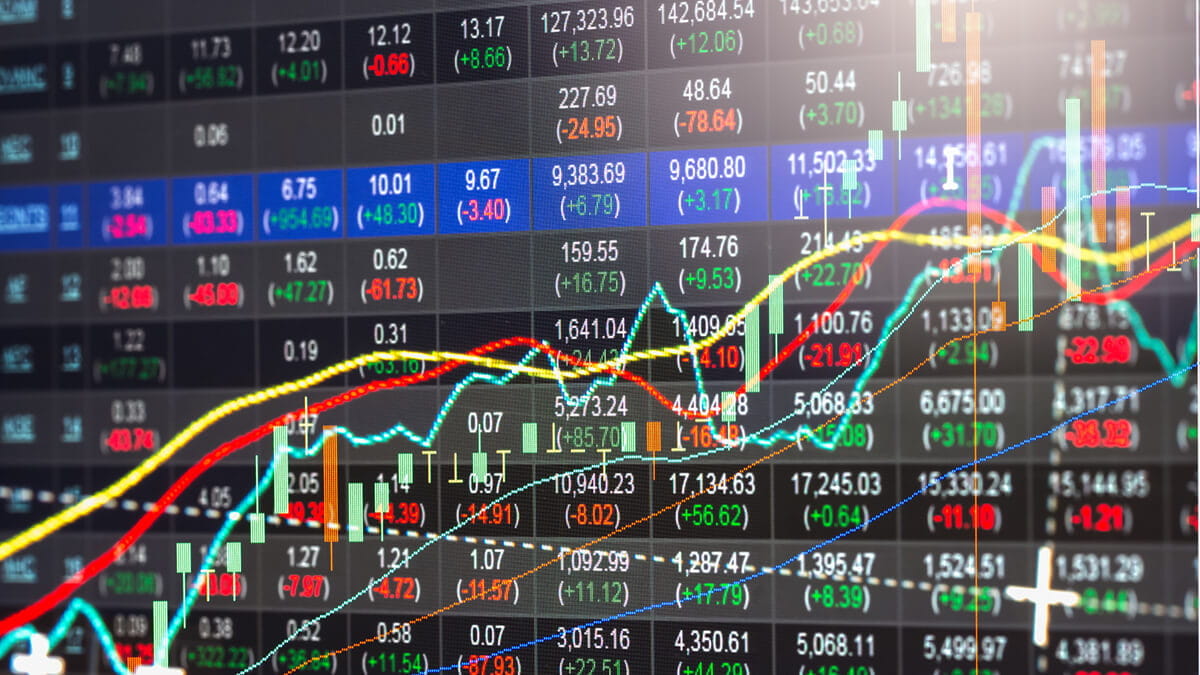A constantly shifting economy can make it challenging to predict how well an investment or financial endeavor will pay off. But monitoring economic indicators—statistics that measure changes to key aspects of the economy, such as employment and consumer confidence—can help in making a solid financial decision. 1
Economic indicators are one of the key tools used by financial professionals and others, including the U.S. Congress, to determine the state of the economy and get clues to where it is headed. 2
Economic indicators come from and are tracked by a variety of sources, including private economic institutions such as the Conference Board, the National Association of Realtors, and the Institute for Supply Management; as well as several government agencies, particularly the Department of Labor and the Department of Commerce, which report on employment and consumer behavior. 3
Below are eight major economic indicators published by government used by financial professionals and Congress to keep tabs on the economy:4
- Employment Situation Index includes two reports: the first report surveys 400,000 U.S. businesses to track the number hours worked and hourly earnings of about one-third of all non-farm workers. The second report covers the unemployment rate, based on a survey of 60,000 households, which shows month-to-month changes in the number of individuals out of work.6
- Consumer Price Index or CPI, is often used as an indicator of inflation and measures changes in the price consumers pay for a sample “basket” of goods and services over time. 7
- Producer Price Index or PPI, measures the average changes in the prices manufacturers are charging for goods and services over time. 8
- U.S. Import and Export Price Indexes tracks changes in prices over time of goods purchased in the U.S. that have been produced in other countries and prices of goods that were made in the U.S. but purchased in other countries. 9
- Personal Income and Outlays indicators give hints about consumer confidence through a report on consumer spending and a price index that monitors how much consumers are spending for particular items and how that changes over time.
- New Residential Construction is one of several construction-related indicators and reports on the number of homes, broken down by region, that builders have permits for and have started building.
- New Residential Sales tracks the sales of new homes to consumers.
- Gross Domestic Product reports on the overall value of goods and services being produced to help assess if economy is growing or slowing and covers consumer spending, business investment, government spending, and foreign trade. 11
From the Department of Labor 5
Department of Commerce 10
Other important economic indicators used by investors and by Congress, include money, credit, and security markets, which deal with how much money is in the economy; the state of the stock market, borrowing and lending, and interest rates; and federal finance indicators, which report on government spending and debt. 12
MS in Finance at Walden
If you’re an aspiring or experienced financial professional interested in learning more about economic indicators or looking to sharpen your financial and analytical skills, you may want to consider earning a MS in Finance. Walden University offers finance degrees with specific specialties that can help you advance your financial career. Master’s degree options can include preparation for specific industry leading certifications including the Chartered Financial Analyst (CFA), )®Certified Financial Planner™ (CFP*, or a comprehensive program that allows you the flexibility to design your own financial program to advance in your organization, the Finance for the Professional (Self-Designed) program.
Some of the benefits you’ll receive from a management degree program include building the following skills and competencies:
- Evaluating financial problems to provide reliable recommendations for decision making.
- Evaluating risk and return strategies in the context of an organization’s mission and objectives.
- Demonstrating the ability to develop recommendations for investment and financial policies to maximize firm value.
- Employing financial knowledge to promote sustainable, socially aware organizations, and ethical decision making.
These online master’s degrees in finance specialties require 30 online credit hours including 12 core courses and 18 courses in your specialization. If you’re concerned that you don’t have time to earn a MS in Finance, the online business degree option can be the best master’s degree choice for you. Unlike earning a Master of Finance through a traditional business degree program, pursuing a MS degree online can allow you to complete the majority of your studies from the convenience of your home. Plus, an online finance degree format can allow you the flexibility to study and complete coursework at your convenience and allow you to continue to work and contribute to your employer while completing your online business degree.
Earning Walden University’s online master’s degree in finance can not only enable you to boost your skills in analyzing the market and prepare you for certification exams, but it can also prepare you for other finance degree jobs in corporate finance, investment banking, financial management, government, and other settings. The need for financial professionals only continues to grow. Completing an online master’s degree in finance can help you enhance your career while contributing to meeting that demand.
Walden University is an accredited institution offering a variety of online graduate degree programs, including a MS in Finance degree program online. Expand your career options and earn your graduate degree using a convenient, flexible online learning platform that fits your busy life.
Walden University is accredited by The Higher Learning Commission, www.hlcommission.org.
1Source: www.investopedia.com/terms/e/economic_indicator.asp
2Source: www.thoughtco.com/beginners-guide-to-economic-indicators-1145901
3Source: www.investopedia.com/articles/personal-finance/020215/top-ten-us-economic-indicators.asp#ixzz5HYBInJ69
4Source: www.govinfo.gov/app/collection/econi/2018/01
5Source: www.bls.gov/bls/newsrels.htm
6Source: www.investopedia.com/university/releases/employmentsituation.asp
7Source: www.bls.gov/news.release/cpi.nr0.htm
8Source: www.bls.gov/ppi/
9Source: www.bls.gov/mxp/overview.pdf
10Source: www.commerce.gov/economicindicators
11Source: www.commerce.gov/tags/gross-domestic-product
12Source: www.bea.gov/newsreleases/national/pi/pinewsrelease.htm




